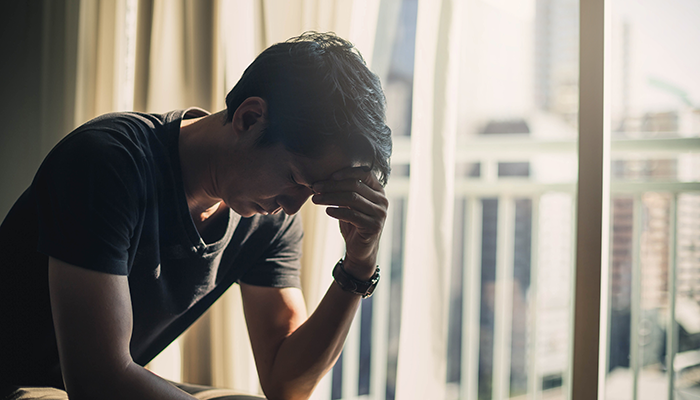Choosing the Right Marijuana Treatment Center for You
Factors to consider include location, accreditation, treatment approaches, staff qualifications, success rates, and available amenities. It is important to find a center that aligns with an individual’s specific needs and preferences.
Moreover, the presence of specialized programs tailored to address co-occurring disorders or specific demographics can significantly enhance the effectiveness of treatment. By selecting a facility that offers personalized care to meet unique requirements, individuals can maximize their chances of achieving lasting recovery. At Immersive Recovery in Encinitas, CA, we offer each person an extensive individualized treatment plan to help them recover in the best way possible.
Questions to Ask When Evaluating a Treatment Center
When evaluating a treatment center, it is essential to ask questions to gain a comprehensive understanding of their programs and services. Questions may revolve around their treatment philosophy, approach to relapse prevention, average length of stay, and aftercare planning.
Additionally, inquiring about the qualifications and experience of the staff members can provide reassurance regarding the level of expertise and support available. Understanding the staff-to-patient ratio and the individualized attention that can be expected can help individuals feel confident in their choice of treatment center.
The Role of Family and Friends in Recovery
Recovery from marijuana addiction is not solely the responsibility of the individual seeking treatment. The support and involvement of family and friends play a vital role in the recovery process.
When it comes to overcoming addiction, having a strong support system can make all the difference. Family and friends can provide a sense of belonging, understanding, and encouragement that is crucial for someone in recovery. Their unwavering support can help individuals navigate the challenges they may face during the recovery journey.
Setting Boundaries and Encouraging Healthy Habits
Setting boundaries is crucial to support recovery. Establishing boundaries regarding marijuana use, enabling behaviors, and promoting healthy habits helps individuals maintain their commitment to sobriety.
Additionally, encouraging the development of healthy habits such as regular exercise, proper nutrition, and engaging in positive activities can contribute to overall well-being and aid in the recovery process. By creating a structured and supportive environment, loved ones can help individuals in recovery stay focused on their goals and maintain a healthy lifestyle.


